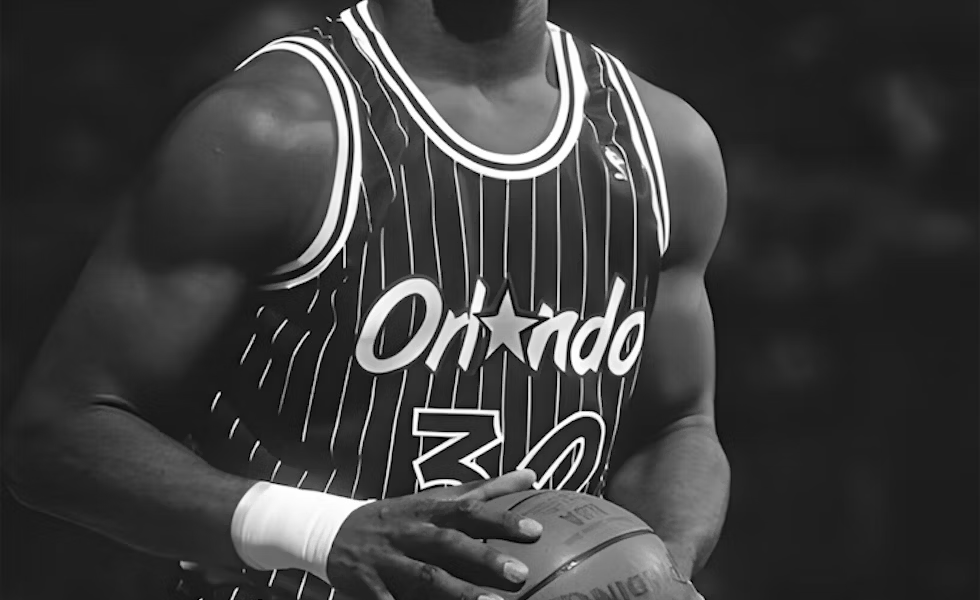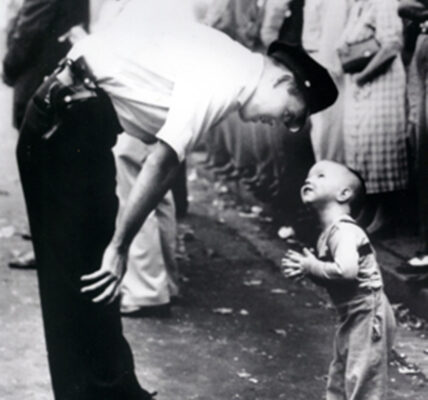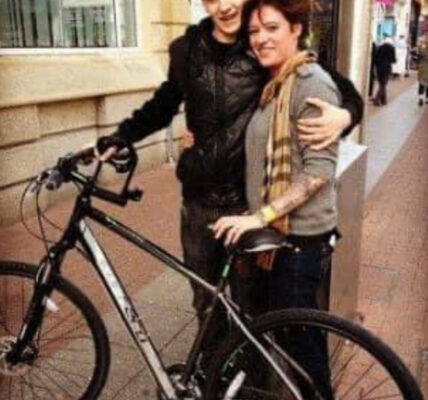
Shaquille O’Neal remembers it clearly—the night that changed his perspective forever. He was a rookie in the NBA, playing for the Orlando Magic, facing the New York Knicks at Madison Square Garden. It was his first season, and he had a game he wished he could erase. Mistakes piled up, shots missed, and the pressure of facing Patrick Ewing, one of the league’s fiercest defenders, weighed heavily on him.
After the game, Shaq’s phone rang. It was his stepfather, a sergeant in the army—a man of integrity, strength, and unwavering character. “Why did you play so badly?” he asked. Shaq admitted he had felt pressure, the kind every athlete fears—expectations, performance, scrutiny.
His stepfather’s response was unexpected. “Tomorrow, I want you home at 7:00 AM. Pick me up. We’re going to see a family that has no home.”
Confused but obedient, Shaq went along. The next morning, they drove through the quiet streets, eventually finding a family struggling to survive. They had lost their home, leaving them with nothing but uncertainty. Shaq’s stepdad handed them money for a meal and told him, “That’s pressure. You have everything, yet you call yourself pressured? There’s no pressure in playing basketball and earning millions. Real pressure is felt by those who don’t know when or where their next meal will come from.”

Shaq stepped out of the car and approached the family. The father explained that he was cutting grass for work, trying desperately to provide for his wife and two children. Shaq didn’t hesitate—he called friends to secure the man a stable job and helped arrange an apartment for the family, promising to send support the next day.
For the first time, Shaq understood the difference between inconvenience and true hardship. In that moment, the glare of Madison Square Garden, the roar of fans, the scrutiny of sports media—all of it seemed trivial compared to the raw, unforgiving reality that some families face every day. Hunger, insecurity, the fear of losing everything—these were pressures far beyond any basketball game.
After that day, Shaquille O’Neal never felt the same way about the pressures of the court. Missed shots and lost games were minor challenges in a world where people struggled just to survive. The perspective he gained transformed not only his approach to basketball but his approach to life. He learned empathy, humility, and the meaning of true responsibility.
Years later, Shaq would share this story, not as a boast of the help he provided, but as a lesson in humanity. The memory of that family, their vulnerability, and the realization of what real pressure means stayed with him forever. It shaped the way he approached his career, his fame, and his wealth—using what he had to make a difference in lives that truly needed it.

In a world obsessed with personal success and recognition, Shaquille O’Neal’s story is a powerful reminder: pressure is not measured by millions in the bank, by accolades, or by applause from thousands. Real pressure is the gnawing uncertainty that stalks the everyday lives of ordinary people—the fear of hunger, homelessness, and helplessness.
That day, a rookie basketball player learned a lesson far greater than any coach could teach him. He learned the weight of real responsibility, the privilege of abundance, and the humbling truth that life’s greatest challenges are often invisible to those who have never faced them. And in doing so, Shaq became more than a basketball star—he became a witness to the struggles of others, a man transformed by compassion, and someone who would never confuse fame for true pressure again.




